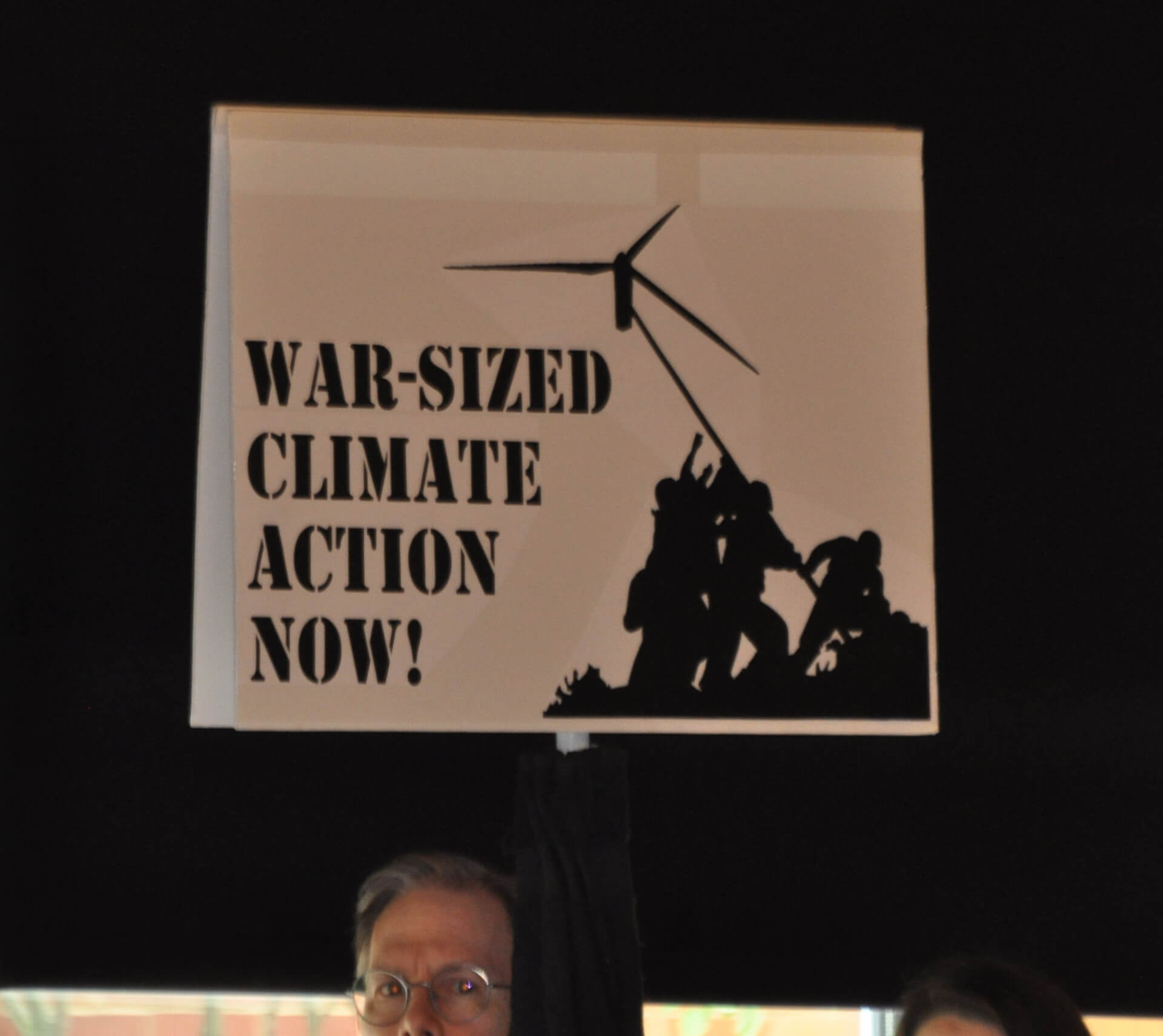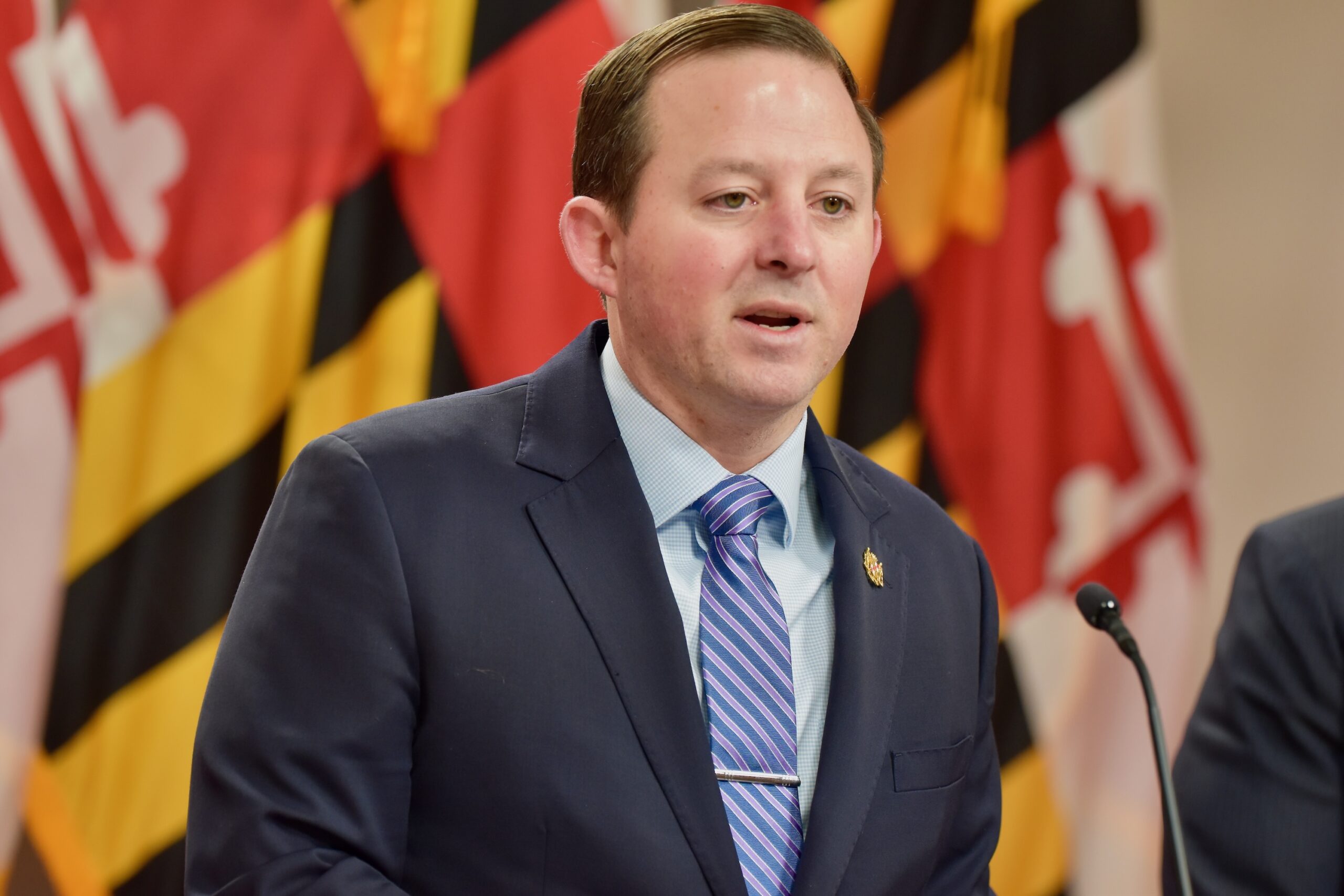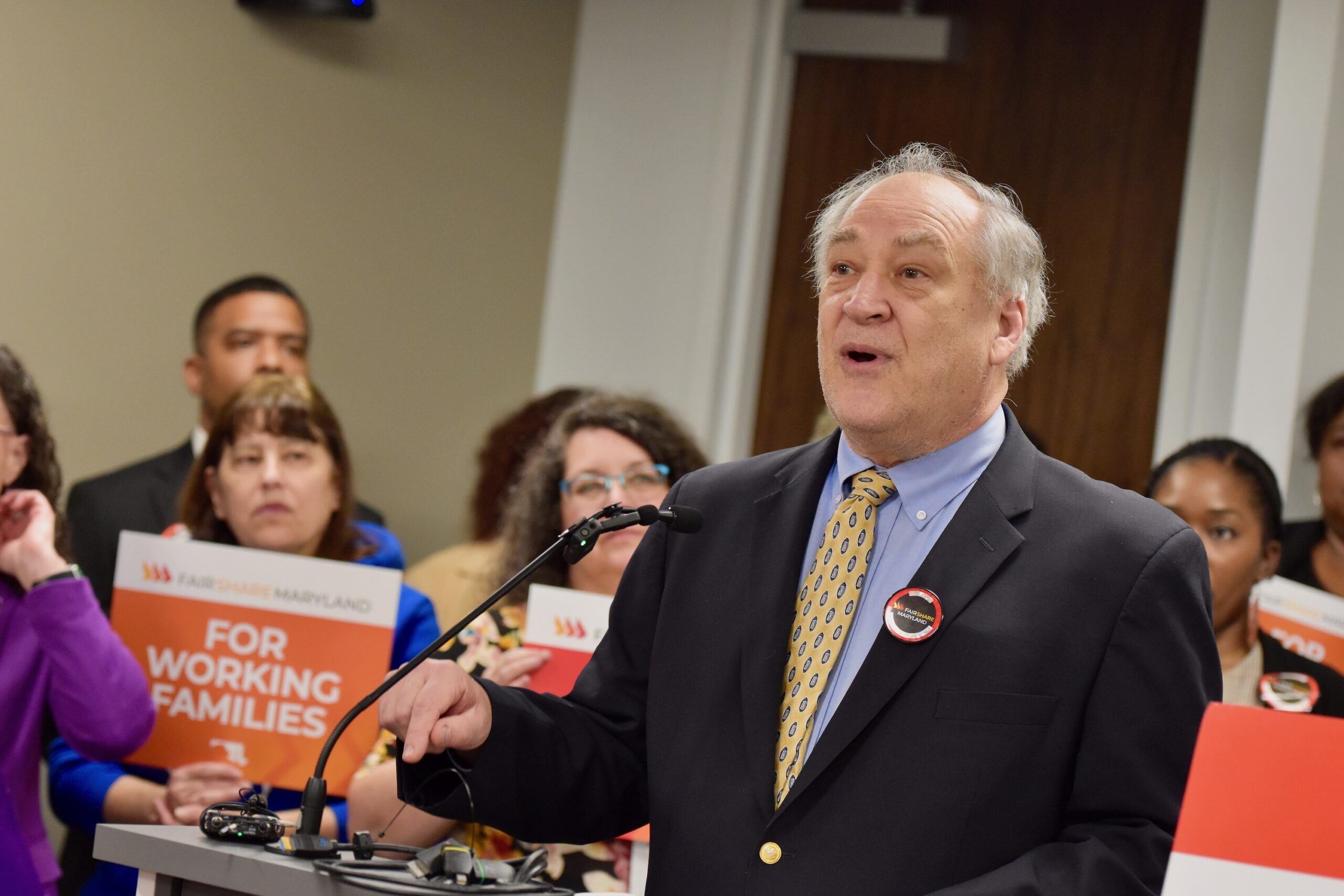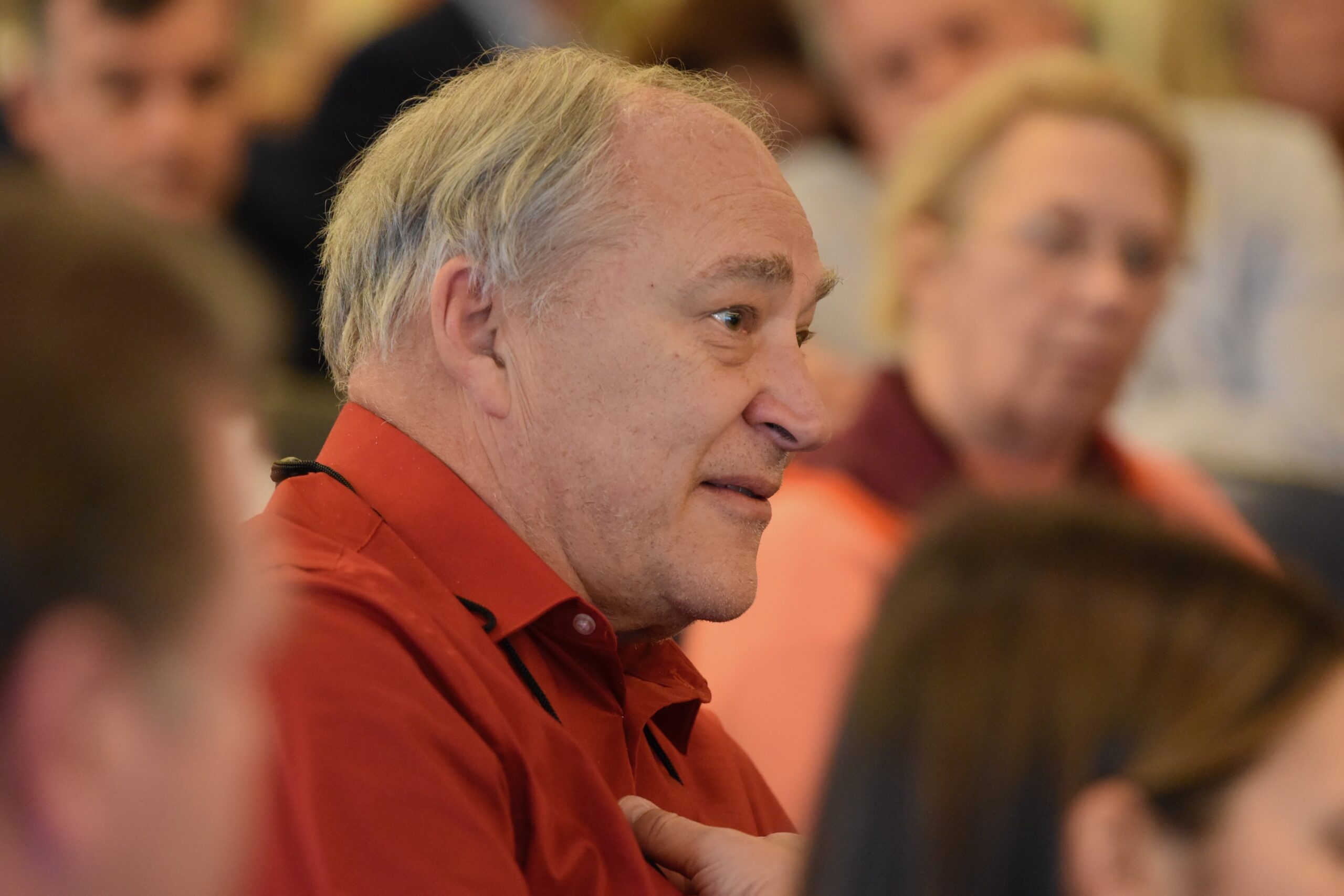Montgomery Officials Struggle With Ambitious Climate Goals

In November 2017, the Montgomery County Council declared a “Climate Change Emergency” and resolved to drastically reduce greenhouse gas emissions in the county. This past weekend, more than 300 county residents gathered in a “Climate Emergency Town Hall” to discuss and debate how the effort is going.
The answer – from the activists and experts assembled – was clear: so far, unsatisfactorily.
As climate scientist Danielle Meitiv, who unsuccessfully sought a County Council seat last year told the crowd, “It’s been two years, and what have we accomplished? Nothing! Does that sound like an emergency response to you?”
A “Climate Report Scorecard” compiled for the County Council by four local environmental groups concluded that the effort so far deserved a grade of 32 out of 100, or poor. (The county’s two highest-rated scores were for “Advance Smart Growth Policies” and “Bus Rapid Transit Development.”)
Montgomery County’s 2017 resolution calls for reducing greenhouse gas emissions by 80 percent by 2027, and by 100 percent by 2035. That’s not just emissions from county government, but emissions from all sources in the county. Those are very ambitious goals, and activists are curious whether the county will meet them.
The town hall included two panel discussions – one with climate advocates, the other with county officials. WAMU environmental reporter Jacob Fenston moderated the panel discussions.
The panel representing community groups asked how the county can be made greener while at the same time being fair to working people, the poor, and people of color. Wendy Howard, of One Montgomery Green, pointed out, “Not everybody can afford to buy an electric vehicle.”
Several speakers noted that members of the environmental movement tend to be white and middle class, which skews the discussion.
“We just need to make sure we’re all in the room,” Howard said.
Bill Ragen, of the Labor Network for Sustainability, said the effort must include good jobs for workers. “We have to keep organizing,” he said.
The panel of county officials consisted of County Executive Marc B. Elrich, County Councilmember Tom Hucker, Climate Change Coordinator Adriana Hochberg, and Natali Fani-González, vice chair of the Montgomery County Planning Board.
Elrich, who supports the greenhouse gas reduction effort, told the audience, “You have to create a movement” that makes it possible to implement big changes. “We are tax-limited. My job is to find the resources.”
Elrich returned several times to the limits he faces – both political and technical. “Montgomery County passed a resolution in 2017 to divest from fossil fuels,” he said, “ but the investment board did not act.” Similarly, Elrich said he would like to install solar power generation on top of public schools that have big flat roofs, “but I don’t control the schools.”
Elrich also said that some innovations that appear at first to be completely zero-emissions aren’t as wonderful as they seem. For example, with an all-electric bus system, or all-electric houses, there is a challenge figuring out how that electricity is generated. If it’s by natural gas, there are carbon emissions, and there may be fracking pollution as well.
Elrich also tried to assure the crowd that eliminating greenhouse gas emissions need not mean a reduced standard of living. “You can change what you do, and still have a totally modern life,” he said.
Fani-González, said local government has to be resolute on land use, for example.
“You’re in a position of power. You have to put your foot down,” she said. “People object to high rises near Metro, but get used to it! This is necessary to fight climate change.”
Elrich told an anecdote about President Franklin Delano Roosevelt, who during the 1930s was meeting with some labor leaders who wanted a pro-union measure passed. FDR told the union chiefs he was all for it, but “now you have to make me do it.”
In other words, even Roosevelt admitted he couldn’t do it on his own. There has to be pressure from below, from the people, so the many political players feel they need to support aggressive climate measures.
If pressure from below is what Elrich is looking for, he may get what he wants. Tom Hucker, the chair of the county Council’s environment and transportation committee, told the town hall, “This is the number one issue for Democratic primary voters.”
And, coincidentally or not, a series of protests against global warming – most but not all coming from youth and student activists – are planned for the weeks after the town hall. Those include a demonstration at JPMorgan Chase in Washington, D.C., on Thursday, a student global climate strike in D.C. and in cities around the world on Friday, and a “Shut Down DC” demonstration on Sept. 23.
Bob Guldin is a freelance writer based in Takoma Park.



 Creative Commons Attribution
Creative Commons Attribution